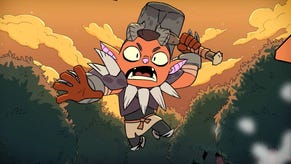BioWare's Heir wants to see more diversity in games with good writing
Manveer Heir, senior designer at Bioware Montreal has said he would like to see more diversity in videogames as it would not only make things more interesting for players, but more demonstrative as well.
Speaking in an excellent interview with Gamasutra, Heir said his opinion has nothing to do with "videogame affirmative action,” but using diversity to push the medium in order to create better games and to “tell better stories.”
“I hope that in 20 years I personally would have been able to do something on my own by then, to at least help advance things, but who knows where the world will go in the future.,” he said.
“First off, I don't think [a] game having a black character should be the selling point of the game. It needs to be an interesting game regardless of the protagonist, but that potentially when if someone plays that game, they discover the background of our protagonist has a better-defined character or something, or the race of the character actually affects the way characters talk to the player.
“Things along those lines, so that when you're playing the game, you discover something new that maybe is happening in the game that you aren't used to, because you're being treated differently, or you're understanding the other side that maybe you don't belong to, depending on your background.
“So, I think that if you market your game as ‘a game for black people’ or ‘a game for Asian people’, it's going to flop the same way most of the games for women flop. I don't think that's the good way to position that. For me, it's less about selling your game based on those merits, and rather having those merits be in there and be discovered by players.”
Heir said he doesn’t want to see the medium “get ghettoized, like what happened with comics," as the game structure can change when writing a character’s sexual orientation, gender, or race.
“Even the age of a character -- that can change the way your game is structured, what your game is about, the things a game can comment on, the mechanics of a game," he said. "They can bleed into several areas.
"There are many ways to add to games. This is just the one that I'm interested in. This is the one that I'm pursuing as best as I can while working in the industry. And I just hope that other people will think about it and hopefully join the cause.
“Next comes the courage, or the ability to be able to stand up and say, ‘I'm going to try this. And, no, I'm not going to worry about what other people think about if I've written for a different race or a homosexual character or a female character, and if it feels out of tone.’
“I think we just need to have more writers in the industry in terms of more mature writers. This is not everyone in the industry. I do not want to diminish writers. There are a lot of amazing writers. I've worked with a lot of really amazing writers. But I've also come across bad writers unfortunately, like you would everywhere.
“So, if we make sure that we try to promote and push with our good writers... we give them the backing that they need, the support so that they don't feel like they're left on an island. And that we also challenge them. We challenge each other as an industry.
“The reason I speak up on this all the time isn't because I want to be the only guy doing it. It's because I feel the need to challenge the rest of the industry, including myself, to try to think about these things and do better. And I think if we start challenging each other, we're going to improve as a medium.”
Those are just a few quotes from the full interview, which again, is excellent, and can be read through the link.



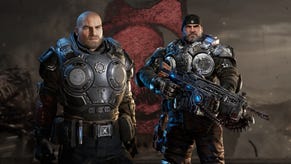
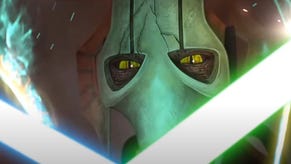
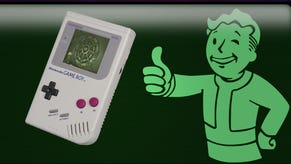
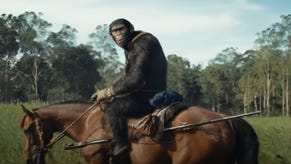
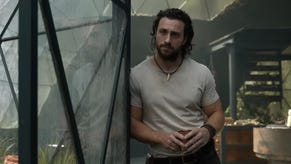

.png?width=291&height=164&fit=crop&quality=80&format=jpg&auto=webp)
